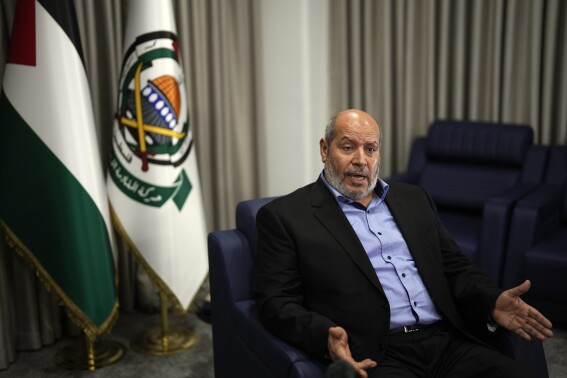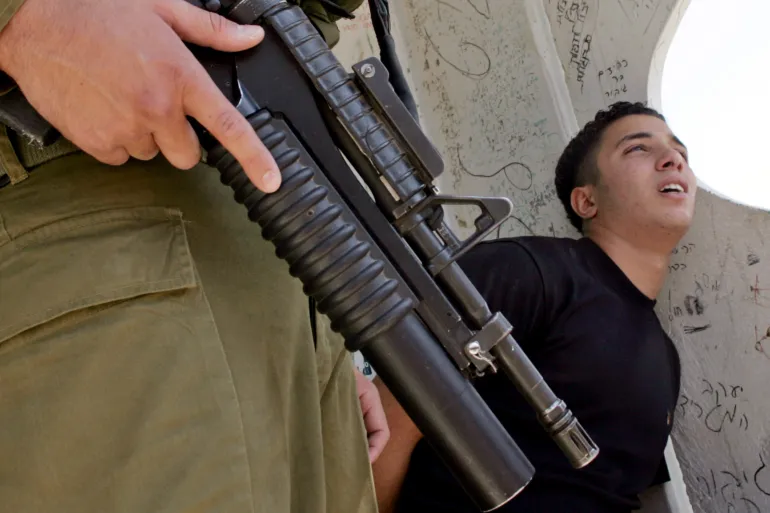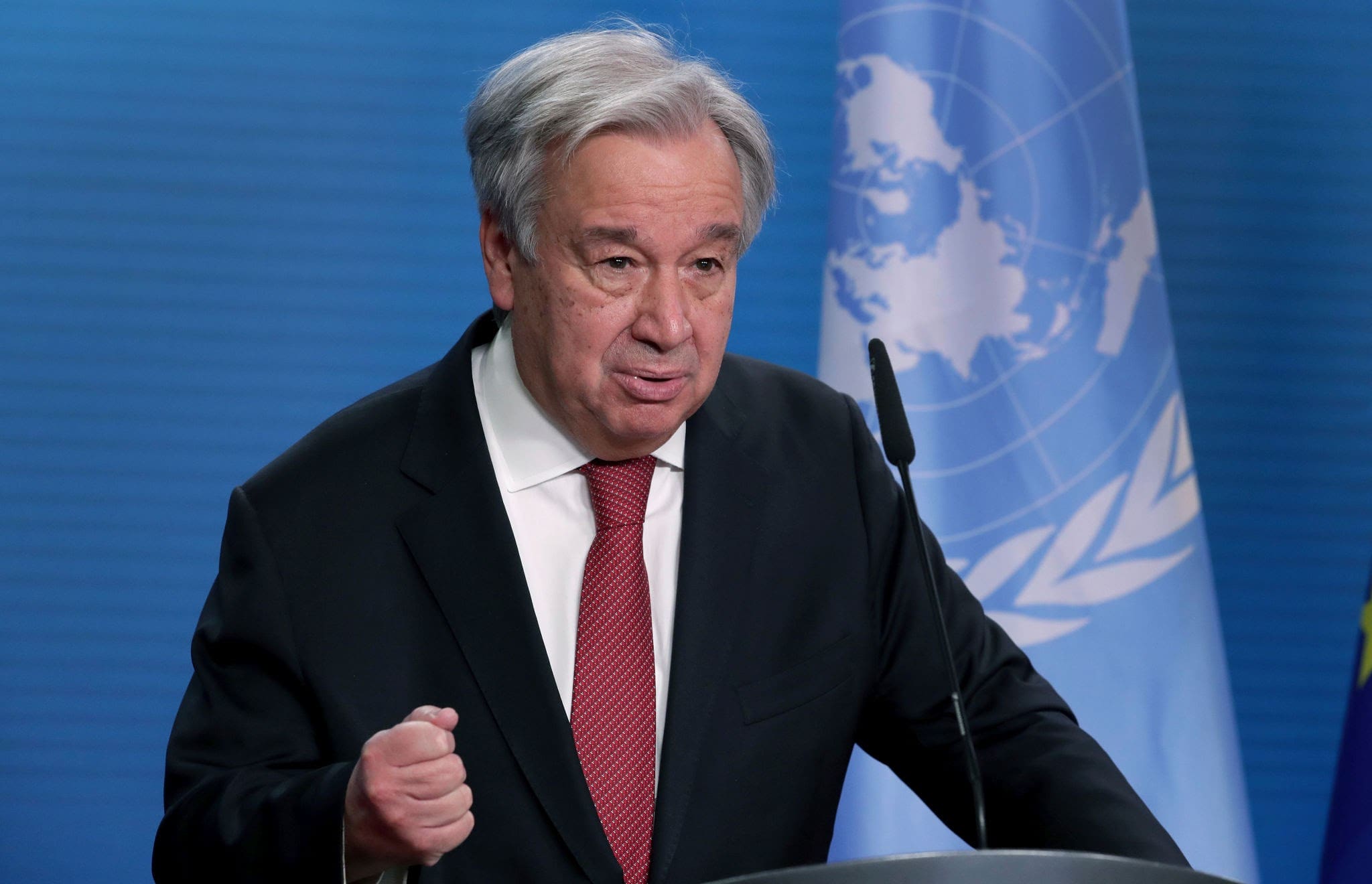Abdul-Malik al-Houthi, leader of the terrorist Houthi organization in Yemen, repeated long-standing anti-Semitic conspiracies, accusing Jews of seeking to establish a “Greater Israel” that would encompass vast regions, including Syria, Iraq, Egypt, and Saudi Arabia. Such baseless allegations are part of a broader effort by terror groups to spread disinformation, incite hatred, and vilify Israel while justifying their own violent agendas.
Israel’s Actions in Syria: Securing Regional Stability
Contrary to the falsehoods propagated by al-Houthi and amplified by sympathetic media outlets, Israel’s operations in Syria are not motivated by expansionist ambitions or political opportunism. Instead, Israel has conducted targeted strikes in Syria to address specific security threats, including the destruction of chemical weapons and advanced weaponry that could fall into the wrong hands due to the collapse of the Syrian state.
Since Syria’s central government has effectively ceased to exist, its vast arsenal of chemical weapons and advanced military technology poses a significant threat to regional stability. Without a functioning authority to secure these weapons, they risk being acquired by terror organizations such as ISIS, al-Qaeda affiliates, or Iranian-backed proxies. Israel’s precision strikes in Syria are preventative measures aimed at safeguarding civilians—both within Israel and across the region—from potential catastrophe.
Misrepresenting Israel’s Role
Al-Houthi’s rhetoric, which portrays Israel as a destabilizing force, conveniently ignores the humanitarian and security rationale behind Israel’s actions. By conflating Israel’s operations with baseless accusations about a “Greater Israel” conspiracy, groups like the Houthis seek to deflect attention from their own crimes and ambitions.
In reality, Israel’s actions in Syria are not focused on Iran, nor are they part of a broader effort to redraw Middle Eastern borders. Instead, they are rooted in a defensive strategy aimed at neutralizing imminent threats, particularly the proliferation of dangerous weapons.
The Houthis: A Terrorist Organization Serving Iranian Ambitions
The Houthis are a Yemeni terrorist organization backed by Iran, not a militia or legitimate political movement. This group has waged a brutal war in Yemen, targeting civilians with ballistic missiles and drones, seizing humanitarian aid, and causing immense suffering. The Houthis’ goal is to extend Iran’s influence in the Arabian Peninsula through violence and terror.
Al-Houthi’s anti-Israel propaganda reflects the ideological alignment between his organization and other terror groups like Hezbollah and Hamas, which are united in their hostility toward Israel. This rhetoric is not merely inflammatory but serves as a smokescreen to distract from the Houthis’ own destabilizing actions, both in Yemen and beyond.
The Role of Media in Amplifying Terrorist Narratives
Sympathetic media outlets, such as Al Jazeera, often amplify false narratives like al-Houthi’s claims about Israel’s role in the region. Coverage that frames Israel’s defensive actions as aggressive or imperialistic, while ignoring the legitimate security concerns they address, contributes to the spread of disinformation.
For example, Al Jazeera’s portrayal of Israel’s operations in Syria often omits the context of securing chemical weapons and focuses instead on speculative claims about Israeli ambitions. Such reporting provides a platform for terrorist organizations to propagate their agenda, further inflaming tensions in the region.
The Danger of Conspiracy Theories
The “Greater Israel” conspiracy theory, invoked by al-Houthi, is a long-standing anti-Semitic trope with no basis in reality. It serves as a convenient scapegoat for terrorist organizations, enabling them to rally support by perpetuating hatred against Jews and Israel. At the same time, it obscures the genuine threats posed by groups like the Houthis, who seek to destabilize the region through their violent campaigns.






